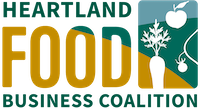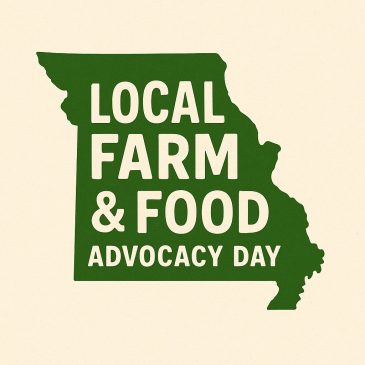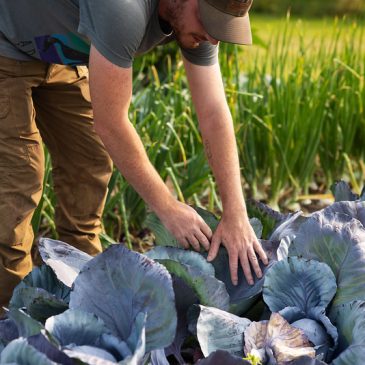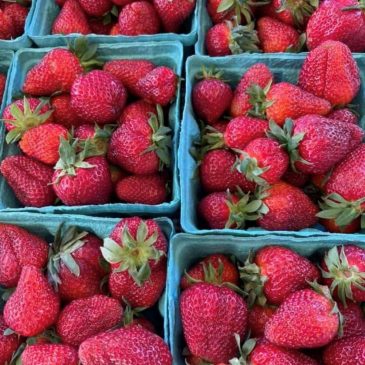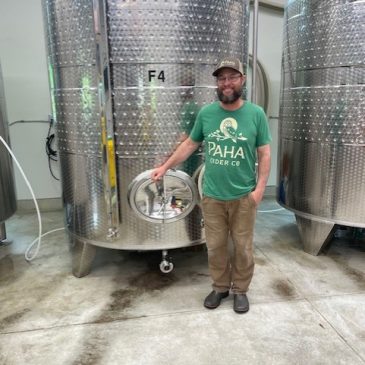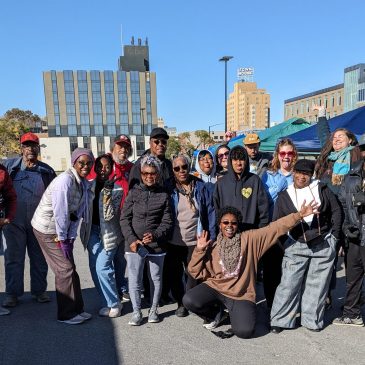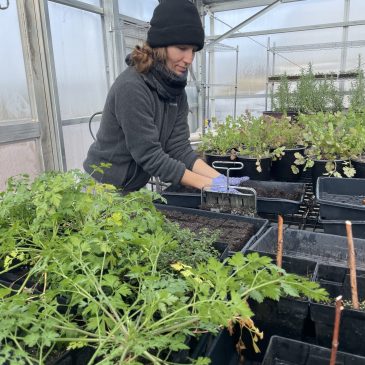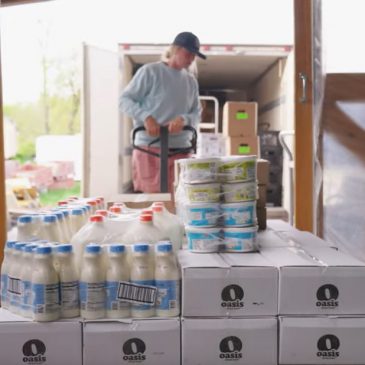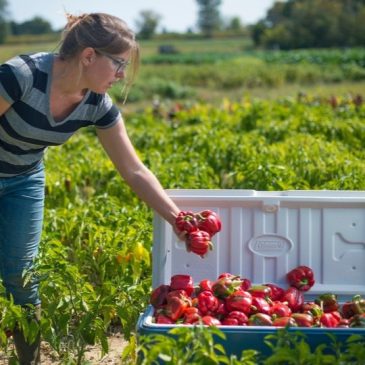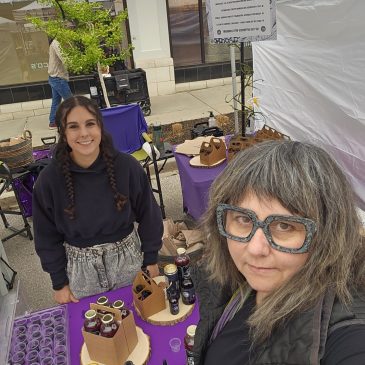February 24: Missouri Local Farm & Food Advocacy Day
Family farmers, local food businesses, and community partners from across Missouri will join together Tuesday, February, 24, 2026, at the state capitol in Jefferson City. Missouri Local Farm and Food Advocacy Day is free and open to all interested in keeping family farmers on the land and putting good food on Missouri tables.
